
Digital security checklist for journalists in exile
Use the following checklist to help better protect yourself, your family, and your sources. This checklist is designed to accompany the digital safety guide for journalists in exile. If you need assistance, journalists should contact CPJ via [email protected].
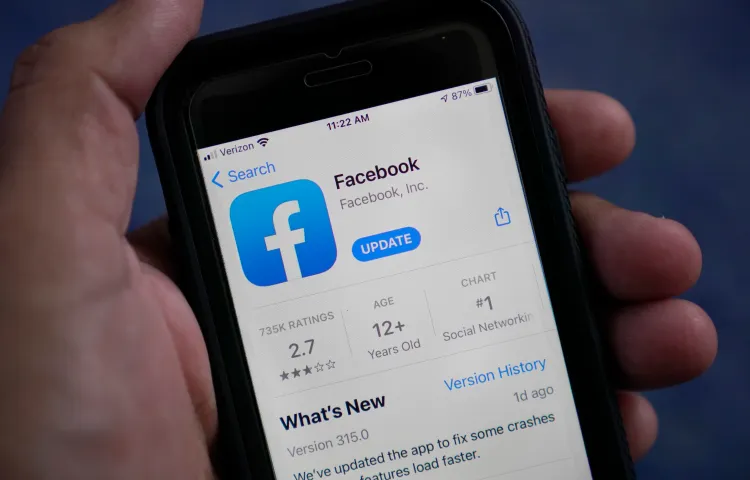
Digital safety: Using online platforms safely as a journalist
Journalists use a wide range of online platforms to distribute their work and communicate with sources and audiences. Platforms that allow interaction with others, like social media, wikis that allow collaborative editing, or content hosting services like WordPress and Substack, can all present security issues for you and others in your networks. There are, however,…
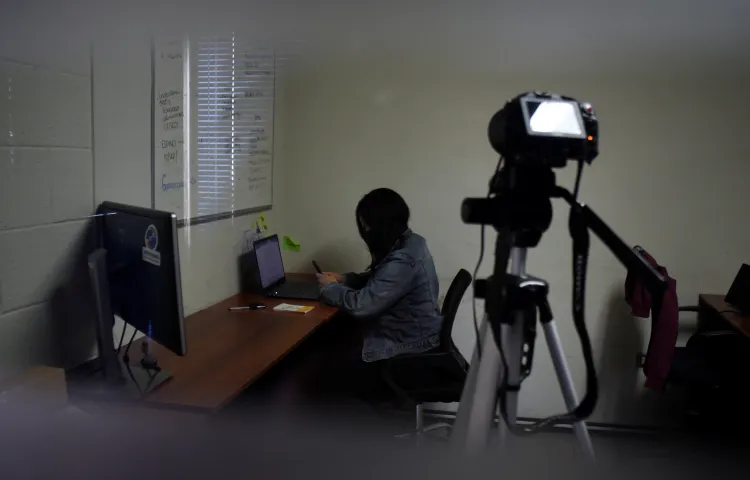
Digital safety: Adversarial or confrontational sources
Reporting can involve researching and contacting people who pose a threat to you or the media outlet you work for. Using personal devices and accounts to do so could expose you to harassment and identity theft, since using your phone or the internet can reveal information about you and your location such as your email…
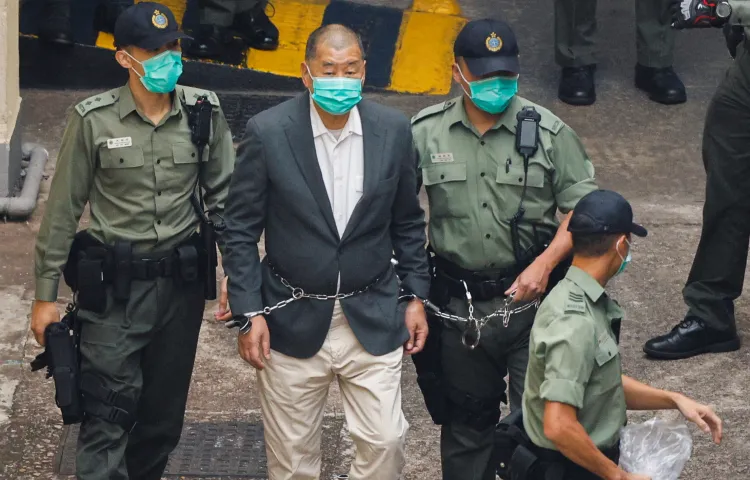
Hong Kong judge upholds police request to search Jimmy Lai’s phones
Taipei, September 1, 2022–Hong Kong authorities should drop their efforts to search the cellphones of media owner Jimmy Lai, which would violate basic tenets of press freedom, the Committee to Protect Journalists said Thursday. On Tuesday, August 30, a High Court judge ruled that police could search two phones with journalistic information owned by Lai,…

CPJ joins call expressing concern over EU draft legislation that threatens encryption
On May 12, 2022, the Committee to Protect Journalists joined dozens of free expression groups, technology organizations, and individuals in a statement expressing concern over legislation proposed by the European Commission that could threaten digital encryption. The legislation, known as the Regulation on Child Sexual Abuse, which the commission proposed on May 11, would compel…
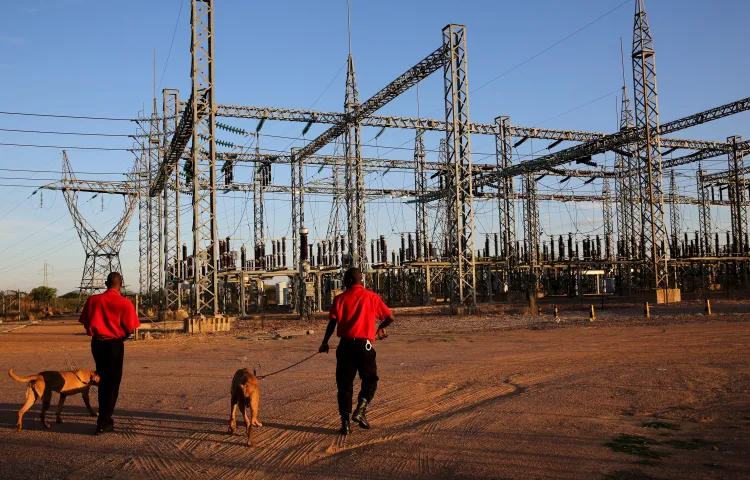
Botswana journalists remain ‘vigilant’ under new surveillance law
When Botswana’s government sought to pass a new law early this year that would have allowed for warrantless surveillance, local opposition came swift. Authorities eventually introduced judicial oversight, which local media groups considered a success, but the Botswana police’s history of searching journalists’ devices and accessing their telecom information remains cause for concern. “We do…
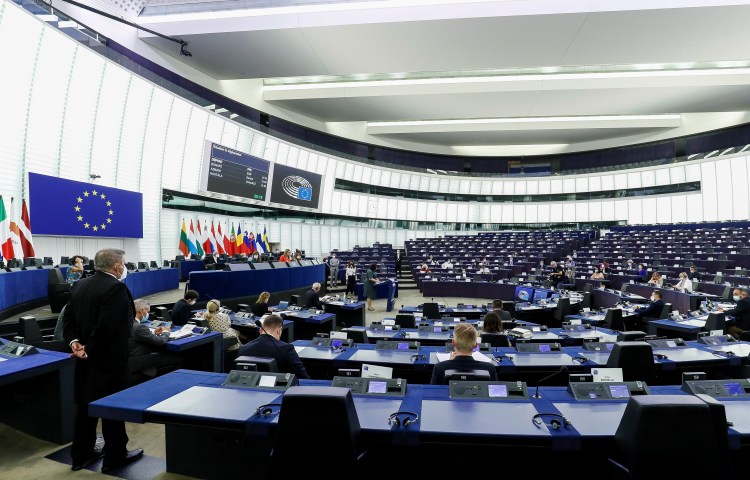
CPJ joins call for European Parliament to strengthen Digital Services Act
The Committee to Protect Journalists today joined 13 freedom of expression and digital rights organizations in a letter calling on members of the European Parliament to ensure that the proposed Digital Services Act protects freedom of expression. The draft legislation, which is currently being reviewed, will become binding legislation for all EU member states once…
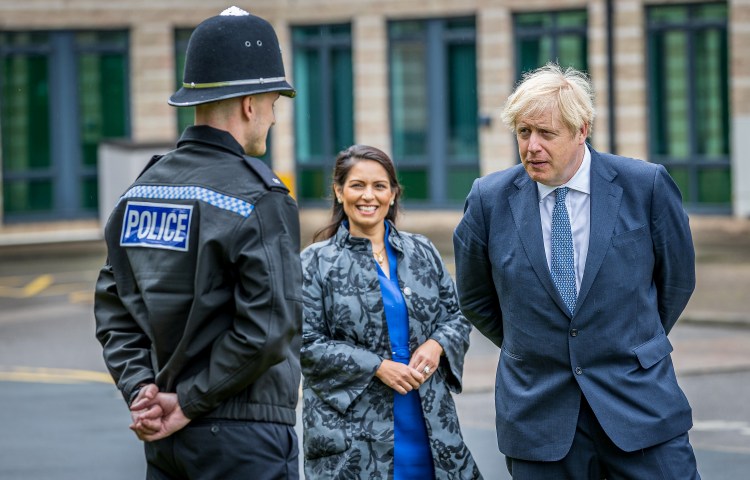
UK online safety bill raises censorship concerns and questions on future of encryption
The U.K. government emphasized press freedom this month when it published the draft online safety bill for social media companies, pledging that the bill would protect both “citizen journalism” and “recognized news publishers” from censorship. Vocal segments of the media not only welcomed the legislation, but actively campaigned for it. When Oliver Dowden, secretary of…
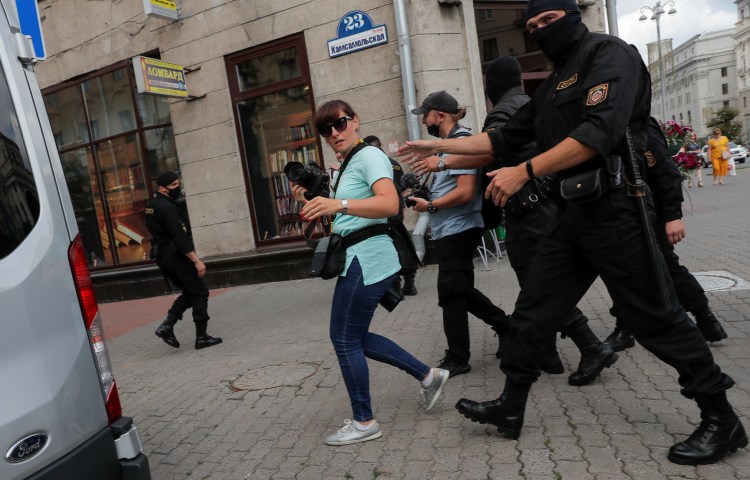
Physical and Digital Safety: Arrest and detention
Covering certain stories–such as human rights abuses, corruption, or civil unrest–can place you at a higher risk of arrest and detention, particularly in countries with authoritarian regimes or with a heavy militarized and police presence. When confronted by the authorities it is generally prudent to comply with their commands, even if they are not lawful,…
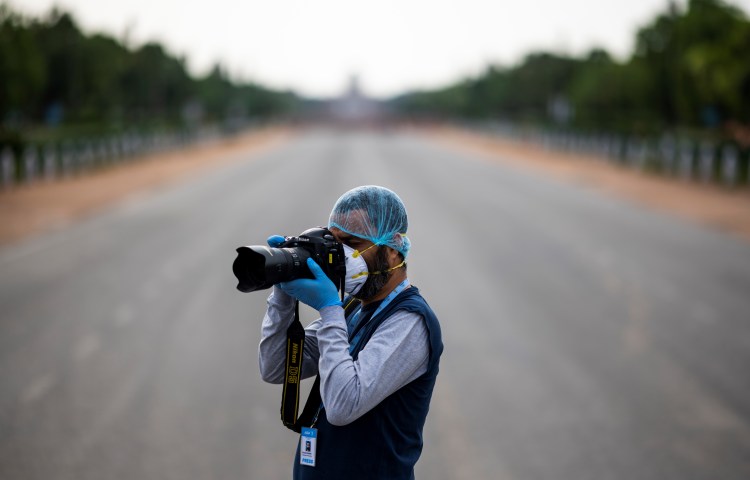
How do I cover COVID-19? Frequently asked questions for CPJ’s safety experts
The coronavirus has changed the way journalists report around the world. As COVID-19 morphed into a pandemic in early 2020, journalists quickly needed to know how to safely cover the world’s biggest news story. The uncertainty around the virus meant that even stepping outside was fraught with risk. Journalists soon got in touch with CPJ’s…